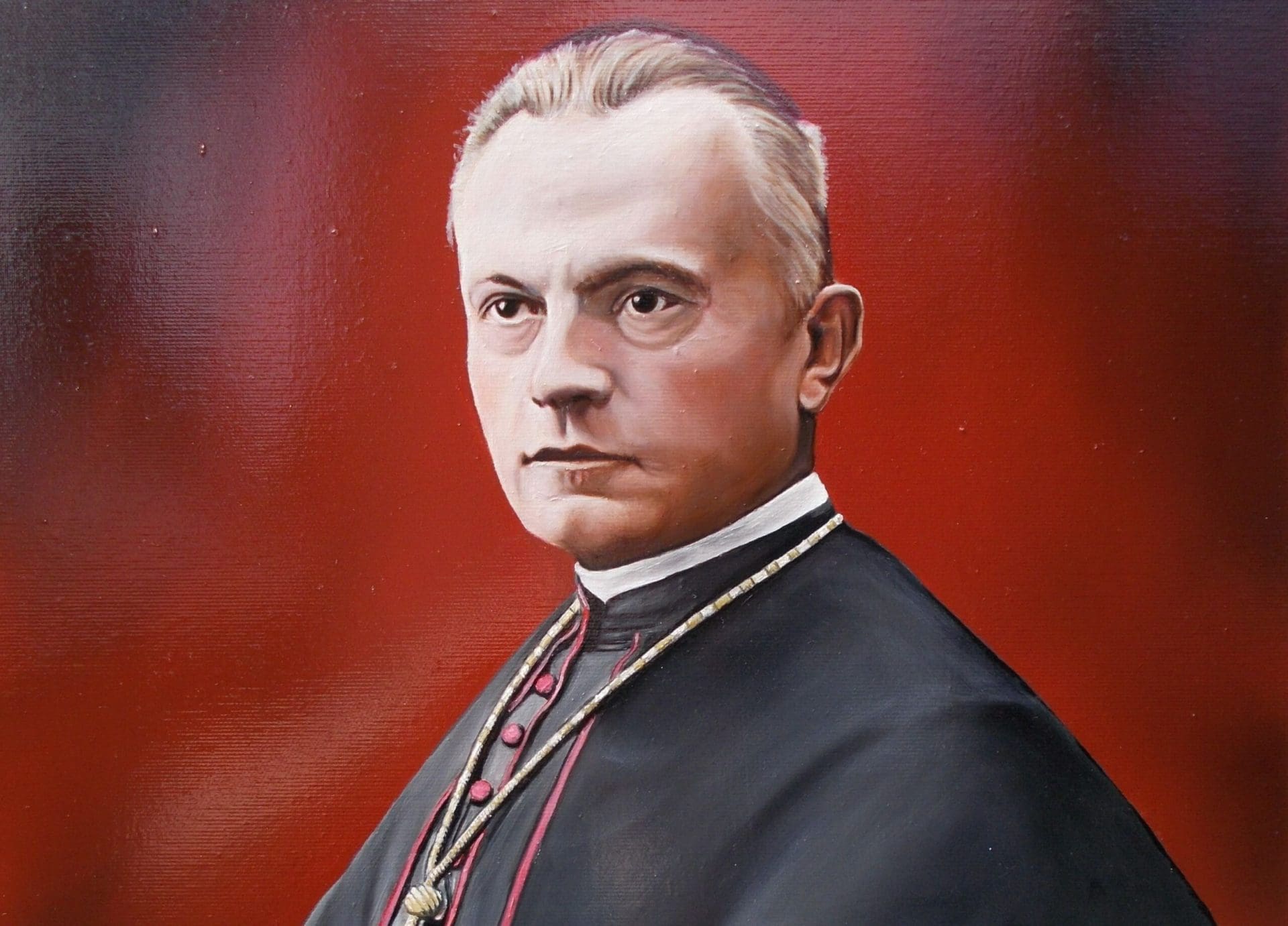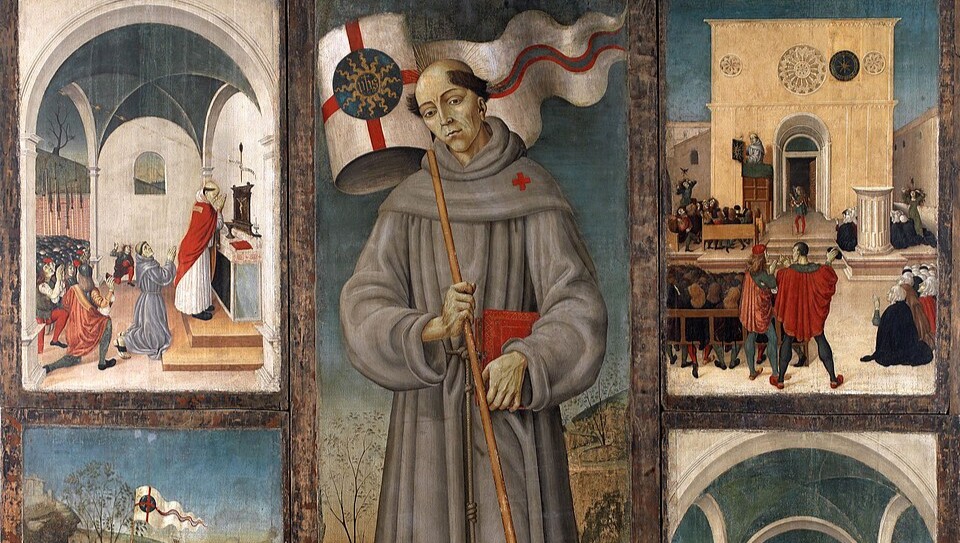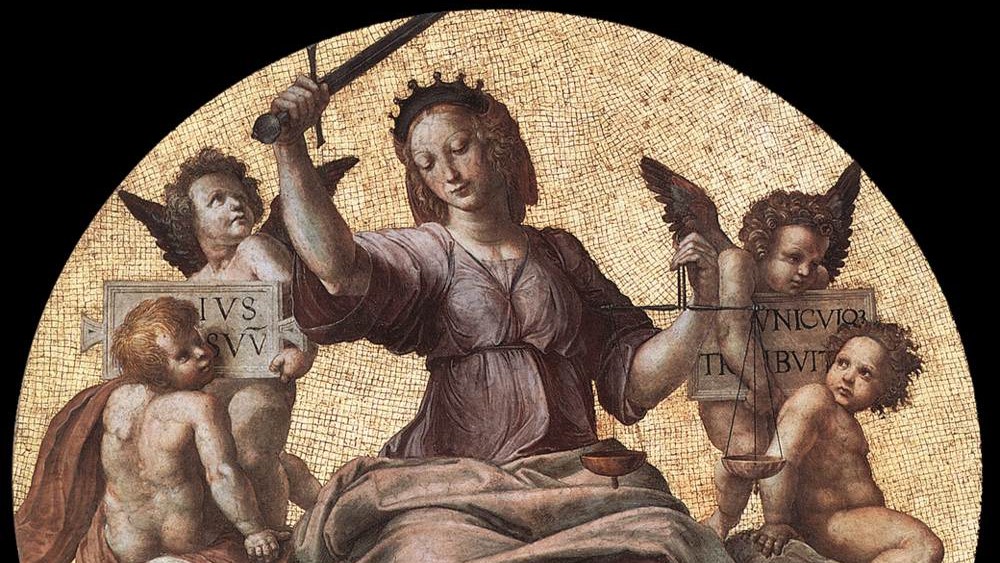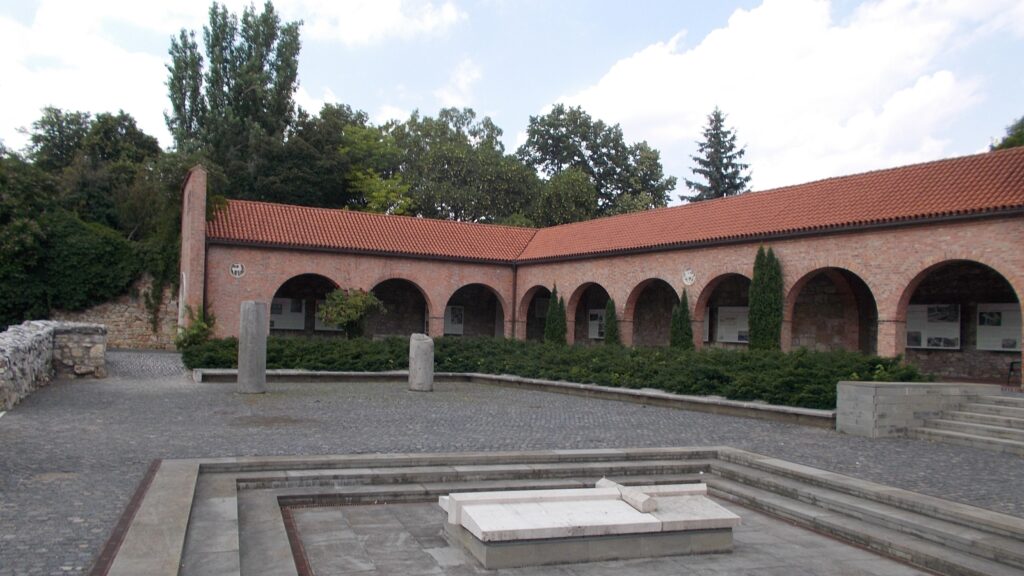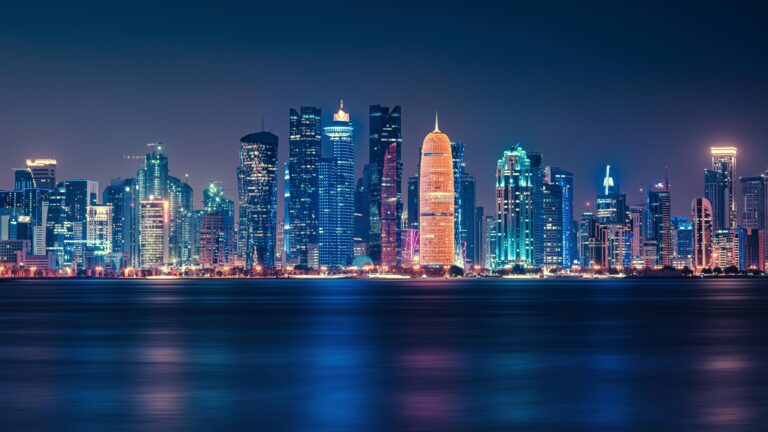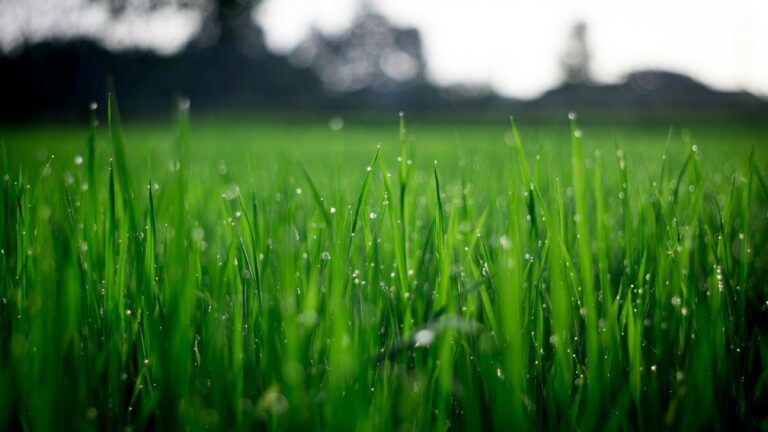It is clear from Catholic bishop Ottokár Prohászka’s social thinking and criticism of capitalism, that the bishop was an avid lover of nature. Indeed, he was a frequent essayist on the beauties of the Hungarian countryside. This aspect of Prohászka’s worldview has to some extent been explored by Catholic author and Benedictine monk Mike Jámbor in 1932. Here we rely extensively on his essay and also quote from the works and notes of Prohászka.
‘I can feel the grand presence; oh, how my eyes are locked onto the peaks! And then the deeps – oh how I am pulled towards them, like when I was at the fissure of Georgenberg! And what a conversation I have with the lake of Bodajk: we stare and flow into each other. How I admire the colours of the autumn roses: I trickle into them and them into me. And how could I reply to the stillness of the forests, the silence of the meadows from atop the hill of Szent Donát-kápolna? I also retreat into muteness and lounge into eternity. And how could I reply to the glittery sky? I stare, wonder, rise and rejoice! What a loquacious silence and what a grand evolution of the soul.’[1]
Prohászka saw nature as an eternal counterbalance to the wrongdoing of contemporary society
These lines from the personal diary of the bishop perhaps illustrate well his close connection to nature and his reverence towards the world as it was created by God. Prohászka had a very deep understanding of the faulty nature of humans and the environment they have created around themselves – modern cities, shops, factories, and capitalism – and saw nature as an eternal counterbalance to the wrongdoing of contemporary society. Prohászka often wandered the hills and woods around Esztergom and Székesfehérvár, and also travelled throughout Austria, Germany, Switzerland, Italy and even North America. During his years he often collected flowers on his journeys and had them dried and pressed: these petals can still be viewed on his desk, preserved by the nuns of the Social Mission Society.
Nature, to Prohászka, reflected the initial will and grace of God, a gift bestowed upon humanity that they had to cherish, nurture, and also protect. This was in a sense connected to the image of humanity, reflected in Prohászka’s writings. As opposed to Jesuit friar Béla Bangha, who firmly believed in the modern methods of mass evangelization, Prohászka believed that human beings had to immerse themselves in Catholic knowledge on an individual level, and dedicate time and energy to crystallising their faith and education. This to some extent also excluded average people – not from the wonders of the gospel but from being formers of Catholic public thinking. ‘Poor man! You are weak, you cannot bear the weight of God’s splendidness; you were born a child, a puppet, created for Sunday strolls on the market; but to embrace God who is coming towards you, you are too corrupt. Your life and circumstances, habits seem to me like a smoky, dirty cottage; your spirit is the wretched, insolent peasant, who sits in there, smoke above his head, an image of God submerged in dirt and misery, staring lazily on his surroundings. When will you ever live in a marble palace and judge the world based on the knowledge of angels?’, he wondered in 1889.[2]
The above thoughts he connected with nature in one of his early essays. Spending time in nature, wandering in the hills and woods had a good effect on one’s soul and faith, kept it “noble and flexible”. “Nature is one grand fact; its stars, forests, oceans, palms, and every blade of grass are mysterious, beautiful realities. On their sweet shapes my inner world is shaped, from the silent melodies my soul learns to sing, and this world of woods, stars and waves, this sovereign incarnation of God’s thoughts lifts me up and educates me further.”[3]
According to Prohászka, through nature, one can enter an intimate, forceful relationship with nature – wrote Jámbor. ‘Man finds solace [in nature] from the many small woes of life’.[4] But nature can also help man know and love God more. ‘There is a feast for the soul in the darkness of the deeps and in the glowing light reflected on the seas, under the gloomy clouds and in the morning light: from their touch, the profane, the empty feelings flee, and strong feelings and inspiration are breathed towards us. News sources of poetry spring up and flowers bloom in the dull duff.’[5]
In 1911, he journeyed through Tragöß in Austria, and remarked in his diaries: ‘I walk among the rivers in the valleys, green lakes, opal-coloured ponds, the lands where crystal-like springs are born; I climb up and down through hills and peaks, and my soul bathes, especially at the sight of the waters. They cleanse my thoughts; the ever youthful, moving energy of the rivers [take away] the dirt rubbed upon us, the stagnant thoughts, the painful, musty moods, all the dried blood and the dead feelings. Such a land matches the spirit: it extends upon the hills and reaches for the sky and is then refreshed in the rivers, cleansed […]. Here I am at home!’[6] Nature was a “secret, the veils of which only those can lift with sunny souls and open eyes. It was given by God and is nourished by men”.[7] Animals and wildlife do not appear so often in Prohászka’s writings, but he often compared Christ’s soul to the skylark and the eagle, and once even likened the human soul to the bat, soaring through the night, sensing its surroundings.
The bishop saw the harms inflicted upon humanity by the modern world, especially in terms of the corruption of the soul
Prohászka, therefore, saw nature as a prime embodiment of God’s mind and his love for humans. The bishop saw the harms inflicted upon humanity by the modern world, especially in terms of the corruption of the soul. Nature to him was a last retreat, an ever-shrinking haven of the uncorrupted and the good, where he could withdraw and be cleansed from the everyday grime of politics and big city life. Prohászka lashed at the smoke and filth of industry, the anguishes of the working class and the spiritual abandonment of modern men, but could not witness the wide scale destruction of nature that we are suffering from today. There can, however, be no doubt that these particular writings of his can inspire conservatives today determined to protect nature.
[1] Prohászka Ottokár, ‘Soliloquia. II.’, Budapest, Szent István Társulat, n. d., 168. http://ppek.hu/szit-pdf/Prohaszka_Ottokar_24_Soliloquia_II_kotet_Elet_kenyere_facsimile.pdf
[2] Jámbor Mike, ‘Prohászka Ottokár természetszemlélete’, Pannonhalma, Pannonhalmi Füzetek, (1932), http://www.ppek.hu/konyvek/Jambor_Mike_Prohaszka_Ottokar_termeszetszemlelete_1.pdf
[3] Mike, Prohászka Ottokár természetszemlélete
[4] Mike, ‘Prohászka Ottokár természetszemlélete’
[5] Mike, ‘Prohászka Ottokár természetszemlélete’
[6] Prohászka Ottokár, ‘Soliloquia. I.’, Budapest, Szent István Társulat, n. d., 219-220.
[7] Mike, ‘Prohászka Ottokár természetszemlélete’

